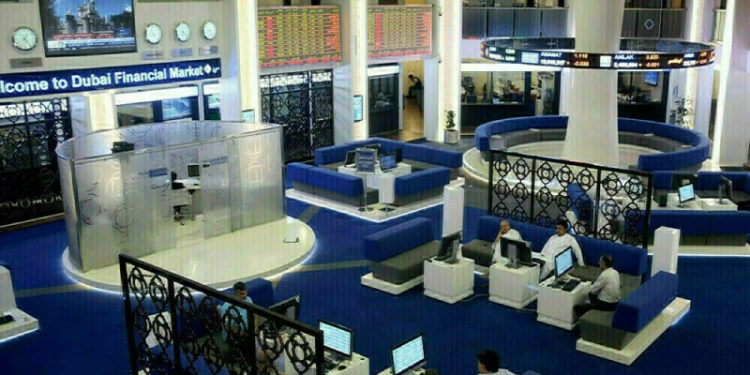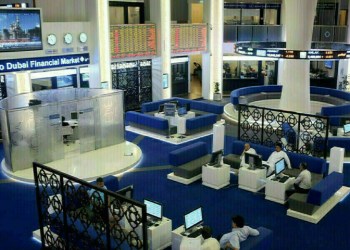 © Reuters. Moritz Kraemer, sovereign Global Chief Rating Officer, S&P Global Ratings, attends an interview with Reuters in Sao Paulo
© Reuters. Moritz Kraemer, sovereign Global Chief Rating Officer, S&P Global Ratings, attends an interview with Reuters in Sao PauloBy Daniel Flynn and Aluisio Alves
SAO PAULO (Reuters) – Proposed U.S. tax cuts would increase the federal deficit and looser fiscal policy could prompt negative action on U.S. credit ratings unless Washington addresses long-term budgetary issues, the head of sovereign ratings at S&P Global said in an interview.
While Congress has yet to agree upon a final version of the tax package, Moritz Kraemer, S&P’s sovereign global chief rating officer, told Reuters late on Monday that the cuts appeared more likely to stoke inflation rather than significantly boost growth in a U.S. economy already running at full capacity.
That in turn could lead the U.S. Federal Reserve to raise interest rates more quickly than expected, drawing capital from emerging markets and leaving some countries with large external funding requirements, such as Turkey, exposed, Kraemer said.
S&P is the only one of the three major U.S. rating agencies that does not assign the top AAA rating to the world’s largest economy, having downgraded it one notch in 2011 to AA+.
“If U.S. tax reform is approved, it seems certain to increase the federal budget deficit,” Kraemer told Reuters. “A meaningful relaxation of fiscal policy without countervailing measures to address the longer-term fiscal challenges of the U.S. could lead to a negative rating action.”
Kraemer said those who argued that tax cuts would trigger a rise in U.S. economic activity that would generate more revenue were relying on a theory known as the Laffer Curve that had not been successful in practice and was even less likely to work with the economy already at full capacity.
The U.S. economy is in its third longest period of expansion since World War Two and the unemployment rate is currently at 4.1 percent.
While some major U.S. corporations could chose to repatriate and invest hundreds of billions of dollars under proposed new tax rules, Kraemer said it appeared likely from public statements that much of this money would instead be paid to shareholders.
With the International Monetary Fund forecasting global growth of 3.7 percent next year up from a robust 3.6 percent in 2017, Kraemer said governments were squandering an opportunity to rebuild their economic buffers before the next downturn.
“The United States is in a mature part of its economic cycle and should be deleveraging, but it is headed in the opposite direction,” he said.
Foremost amongst the long-term fiscal challenges in the United States is the growing bill from Medicaid, a federal-state health insurance for low-income people, but it was too politically sensitive to tackle, Kraemer said.
‘FRAGILE FIVE’
While Trump’s nominee for Federal Reserve chair, Fed Governor Jerome Powell, appeared likely to continue in the footsteps of incumbent Janet Yellen, vacant positions on its policy-making committee left it unclear if there would be any shift in the central bank’s thinking, Kraemer said.
When it meets next week, the Fed is widely expected to raise interest rates for the third time this year as part of a tightening cycle that began in late 2015.
Kraemer said S&P Global’s list of “fragile five” emerging market economies at risk from policy action by the Fed includes Turkey, Egypt, Argentina, Pakistan and Qatar.
Brazil, Latin America’s largest economy, would be insulated by the small importance of trade to its economy, Kraemer said, but faced a challenge in reducing its budget deficit, which stood at around 9 percent of gross domestic product (GDP) last year.
The window of opportunity for President Michel Temer’s government to approve a long-awaited pension overhaul was closing as elections loom at the end of 2018, Kraemer added.
“Failure to approve this reform now would send a signal that political consensus for necessary corrections remains elusive and exert downward pressure on our ratings,” he said.
S&P downgraded China’s long-term sovereign credit rating in September by one-notch to A+ from AA-, citing increasing risks from its rapid build-up of debt.
Kraemer said there were signs the rate of leveraging in China was slowing and would have a negative effect on economic growth, which since 2009 had been driven by credit expansion.
“The most credible sign of deleveraging would be a lower economic growth target from the government,” he said.
Source: Investing.com




























